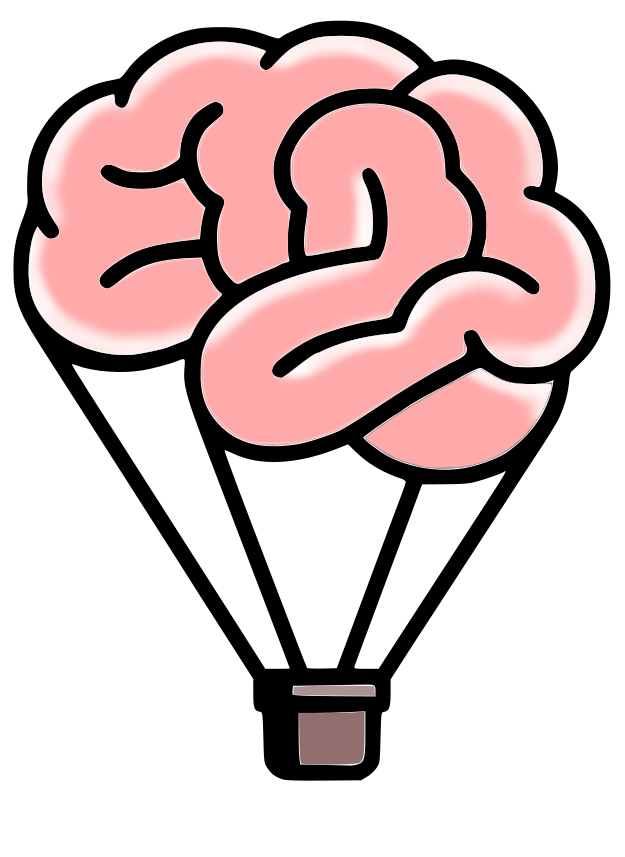The final pillar to discuss is exercise. Exercise has long been recognized for its physical benefits, but its impact on mental health is equally significant. A growing body of scientific research supports the role of exercise in improving mental health and well-being. [i] [ii] [iii] [iv] [v].

Physical activity has been consistently shown to relate to improved physical health, life satisfaction, cognitive functioning, and psychological well-being [i]. Exercise can independently reduce the risk for depression [iii], and people who move more have a significantly lower risk for major depressive disorder [iv].
Exercise interventions have shown a beneficial effect on depressive symptoms in the general population across a wide age-range [ii]. These interventions have been effective in reducing depressive symptoms in children, adolescents, adults, and the elderly [ii]. In nerd speak, the effect sizes of these interventions range from -0.10 to -0.812; in simpler terms, that’s a substantial reduction in depressive symptoms. Keep in mind, a typical reduction from talk based psychotherapy is somewhere around -0.40.
Based on how much exercise can impact mental health, there is also a growing interest in the use of exercise in the treatment of depression and anxiety, either as a primary option or in addition to pharmacological treatment [i] [v]. Research shows that exercise can relieve symptoms of depression by itself (as a primary treatment approach) and it can be used as a supplement to other forms of treatment (by adding exercise to other treatment strategies) [v].
Some research even suggests that low-intensity exercise (think walking) can be as effective as high-intensity exercise [ii]. This is particularly important as it means that people do not necessarily need to engage in strenuous activity to reap many of the mental health benefits coming from exercise.
In summation: exercise plays a crucial role in promoting mental health. It can help reduce the risk of depression, it can also alleviate anxiety, and improve overall psychological well-being. As our understanding of the relationship between exercise and mental health grows, it is clear that incorporating regular physical activity into daily routines can have profound effects on mental health.
Of course, exercise is not a panacea, lots of physical activity will not solve every mental health struggle as Simone Biles has so bravely reminded us all!

However, exercise is one of the best tools in your mental health tool kit to improve your overall well-being; along with Sleep and Diet, plus the other things you will be working on with your therapist.
So, get out there and move your body. Start with a walk just to get some momentum going.
—
This post does not constitute therapeutic counseling or advice; the contents of this post are provided as a learning resource. We share the contents hoping that if you are in need of mental health support you will reach out to us directly or to a mental health professional in your area.
[i] “Benefits of Exercise on Mental Health: Literature Review” by Angela Ristau (mnsu.edu)
[ii] Exercise interventions for the prevention of depression: a systematic review of meta-analyses | BMC Public Health | Full Text (biomedcentral.com)
[iii] Depression and anxiety: Exercise eases symptoms – Mayo Clinic
[iv] More evidence that exercise can boost mood – Harvard Health
[v] Frontiers | The Effects and Mechanisms of Exercise on the Treatment of Depression (frontiersin.org)
